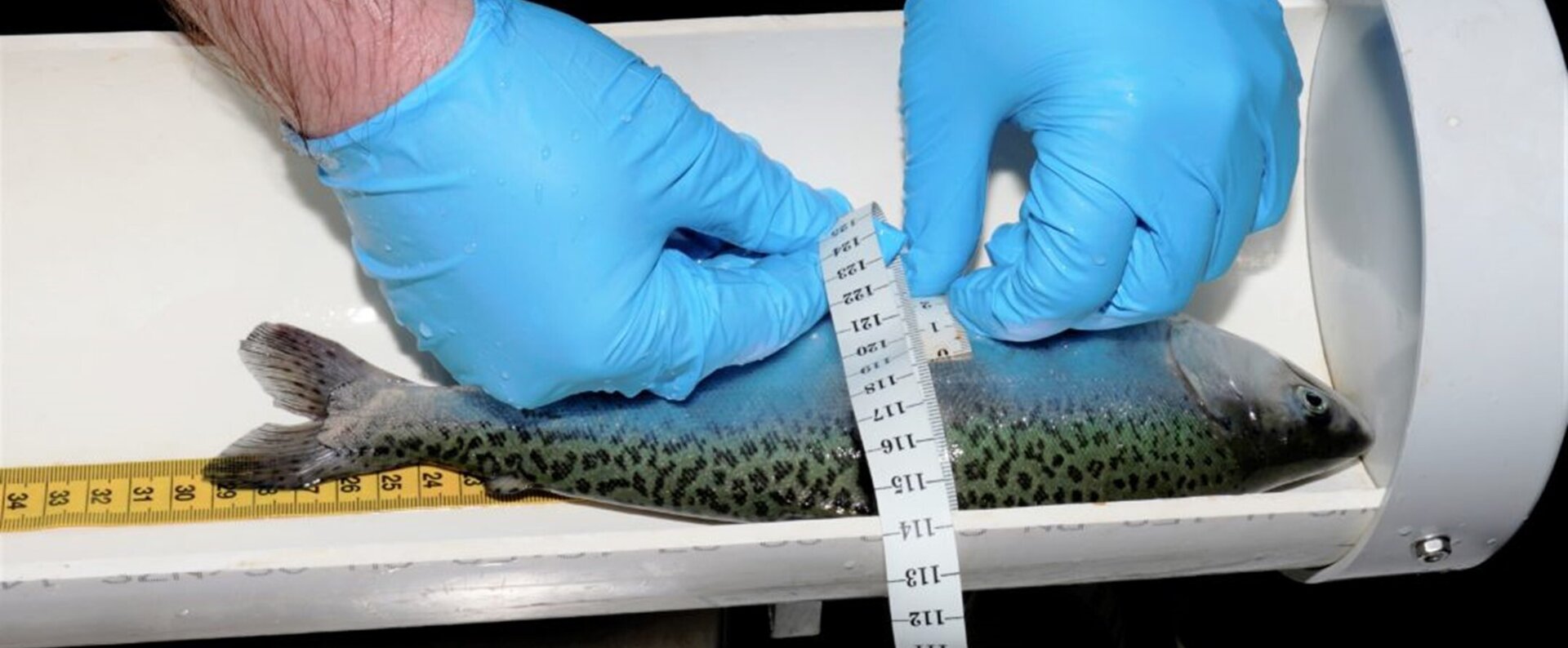Aquaculture Technician
Aquaculture technicians are involved in freshwater, marine farming, hatchery management and research into farmed species.
What do Aquaculture Technicians do?
- Breed and raise marine organisms such as fish, eels, crustaceans, shellfish, pearl-producing shellfish and algae in artificial conditions.
- Identify common diseases in fish and shellfish and take the necessary steps to prevent problems that may occur in intensive farming.
- Assist with experiments relating to nutrition or methods of controlling predators, parasites and other disease-causing organisms.
- Monitor the environment using oxygen meters, salinity meters, pH (acidity) meters and water chemistry analysis kits.
- Maintain live feed and algae cultures.
- Keep records of breeding, production and treatment programs.
- Develop and implement systems of profitable farm management.
Qualifications
- To become an Aquaculture technician, you need to have a relevant science or vet qualification in aquaculture.
- Some employers require you to have a New Zealand Diploma in Applied Science (Level 5 or 6), while others require a Bachelor of Science or a master’s degree in the relevant area of specialisation.
- A tertiary entrance qualification is required to enter further training. Useful subjects include maths, biology, chemistry and physics at NCEA L3.
Useful work experience
- Experience in fields related to the area of science you wish to work in.
- Other science or laboratory work.
- Science undergraduates often gain experience by working in a laboratory part time while studying.
